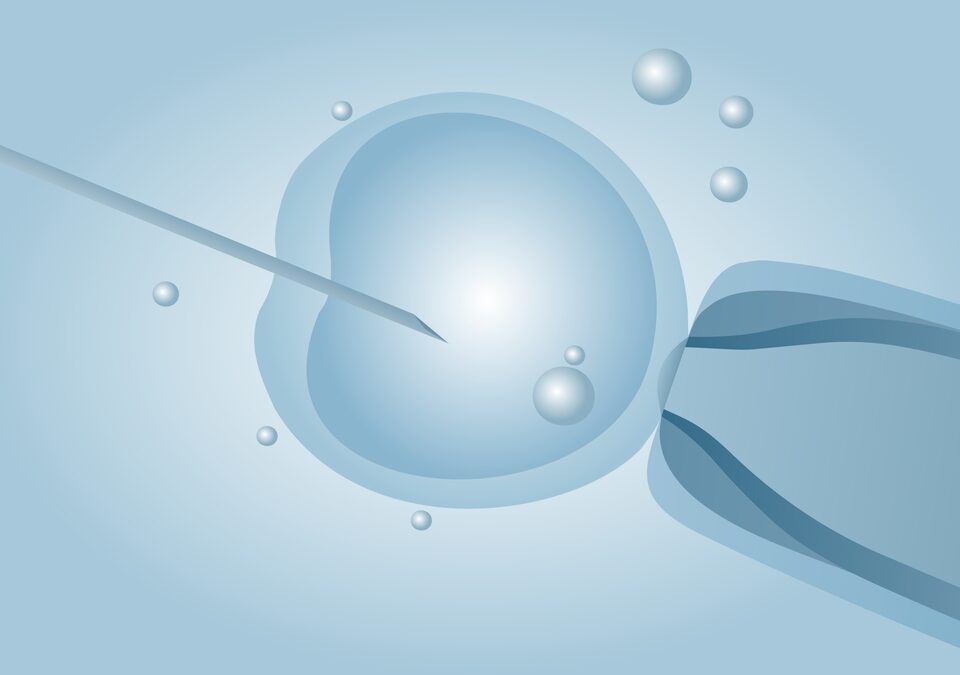
Australian Case Calls For Urgent Surrogacy Law Reform
July 10, 2025
New Bereavement Leave Rights in the UK
July 22, 2025A major milestone in assisted reproductive technology has been achieved in the UK, with eight healthy babies being born through a pioneering IVF procedure that used DNA from three individuals to prevent life-threatening genetic disorders. This innovative treatment, known as mitochondrial donation treatment (MDT), aims to eliminate the risk of mitochondrial disease, a group of rare but devastating genetic conditions passed down maternally.
The babies, four girls and four boys, including a set of identical twins, were born to seven mothers who carried mutations in their mitochondrial DNA, putting their children at high risk for serious health conditions. Thanks to this medical breakthrough, these families now have the opportunity to raise healthy children without the looming threat of early childhood disease and loss.
Mitochondria are tiny structures within cells that act as energy sources, and they carry their own set of 37 genes. Unlike nuclear DNA, which is inherited from both parents, mitochondrial DNA (mtDNA) is passed exclusively from the mother. Mutations in mtDNA can result in serious conditions that affect organs that require large amounts of energy, like the brain, heart, and muscles. Children born with mitochondrial disease often face developmental delays, muscle weakness, neurological problems, and tragically, shortened lifespans.
The MDT process involves a series of carefully coordinated steps. First, the mother’s egg is fertilized with the father’s sperm. Then, the nuclear genetic material from that fertilized egg is transferred into a donor egg that has had its nucleus removed but retains healthy mitochondria. The resulting embryo contains nuclear DNA from the parents and mitochondrial DNA from a donor, effectively DNA from three people. The embryo is then implanted in the mother’s uterus, allowing for a pregnancy free of mtDNA-related complications.
While the idea of three-person IVF has prompted ethical discussions, the potential to prevent serious and often fatal diseases has driven legal and scientific support for the procedure. The UK became the first country to formally legalize mitochondrial donation in 2015, and researchers at Newcastle University were granted the first clinical license in 2017.
Of the initial cases treated, genetic testing showed that the babies had no or very low levels of mutated mitochondria, which researchers believe are too minimal to cause disease. All eight children are reported to be healthy and are meeting their developmental milestones. Though one child experienced a minor urinary infection and another showed muscle jerks, both of which resolved, neither has shown signs of mitochondrial disease.
This advancement not only brings hope to families affected by mitochondrial disorders but also reflects the remarkable progress being made in the field of reproductive medicine. Thanks to treatments like MDT, those navigating genetic risks now have more options and more hope on their journey to becoming parents.
If you’re exploring options for parenthood, whether through assisted reproductive technologies, surrogacy, or egg donation, our experienced legal team is here to guide you every step of the way. Contact us today to learn how we can help you navigate the legal landscape and protect your growing family with confidence and care!




